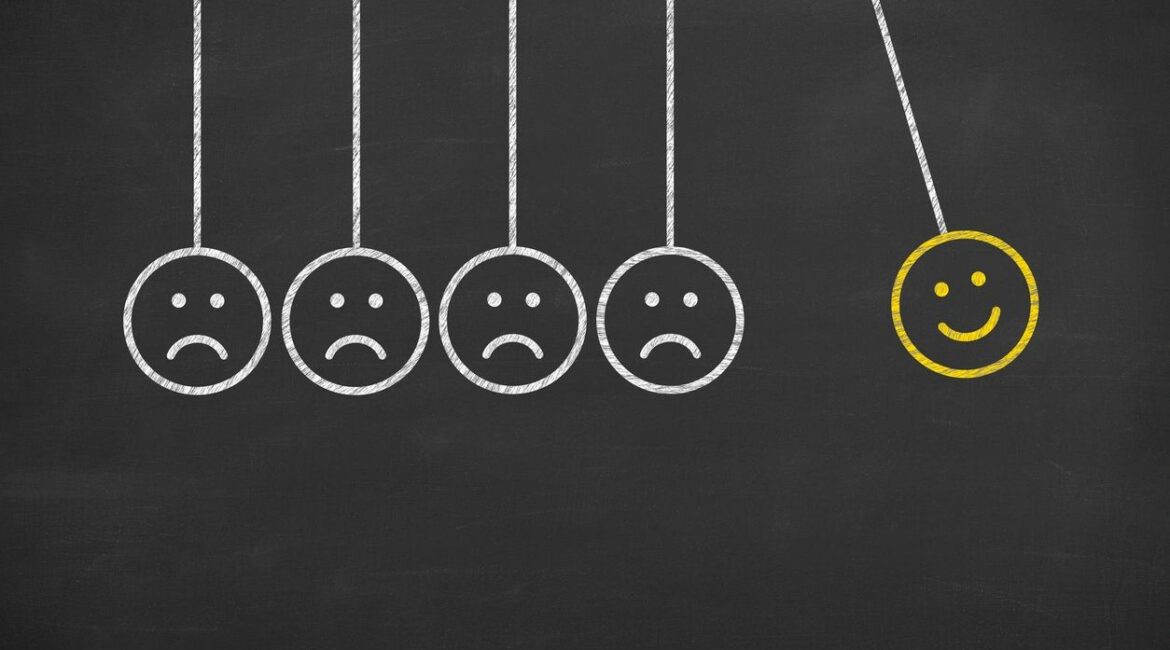If you’re asking ‘is depression genetic?’, then you’re not alone. In this article, we’re going to explain how genes can have an impact on your mental health and whether or not depression is genetic.
Depression can affect people of any age, shape, and size – but some people are more likely to develop depression than others. Factors such as lifestyle, environment, and genetics can all influence a person’s likelihood of developing depression.
Is Depression Genetic or Environment-Based?
Nearly 1 in 10 Americans will experience depression at some point during their lives. The problem is very prevalent. Many people aim to learn more about depression so they can prevent future episodes and educate their children so that they can avoid developing it or at least treat it before it becomes severe.
Is depression genetic? Or is it a result of the environment that you’re born and raised in?
The short answer to both of these questions is yes. Depression can be caused by a person’s environment, but it can also be caused by genetics. If you’re genetically prone to depression, an unhealthy environment is far more likely to trigger the condition.
Environmental Depression
We can’t rule out the impact of environmentally-caused depression. Environment is a term that can describe your social situation, your living situation, your finances, your parents – anything that you are regularly surrounded with.
An unhealthy environment can make people depressed regardless of whether or not they have a family history of depression. For example, a child who is regularly neglected by their parents and struggles to make friends at school will be more likely develop some degree of depression.
However, some people develop depression even if they’re living in an environment that would be considered healthy. Some people may become depressed more easily than others in a similar situation. This is likely due to the influence of their genes.
Genetics and Depression
People who are raised to depressed parents are more likely to develop the condition themselves. Even those who have relatives with depression are up to five times more likely to become depressed themselves.
British researchers have identified a gene that seems to be related to depression. They recognized this by noting that the gene was expressed more often in family members who struggled with depression.
The gene, which is known as 3p25-26, was identified in 800-plus families who struggled with recurrent depressive episodes.
The researchers went on to suggest that nearly half of all people with depression have been genetically influenced to develop it. The other half become depressed due to their environment or their upbringing.
Association and Depression
People who are raised around people who are depressed may be more likely to develop the condition even if they’re not directly related to them. Children who often bear witness to depressing behavior may start to emulate the behavior, thinking that it’s normal.
This is more prominent if the children are genetically predisposed to be depressed.
Conclusion
Is depression genetic?
It absolutely can be. However, there are a number of environmental factors that can also come into play. The bottom line, though, is that people with a family history of depression are more likely to develop the condition themselves.
Dr. Sean Paul, MD is a board certified psychiatrist who specializes in mental health issues like depression.






